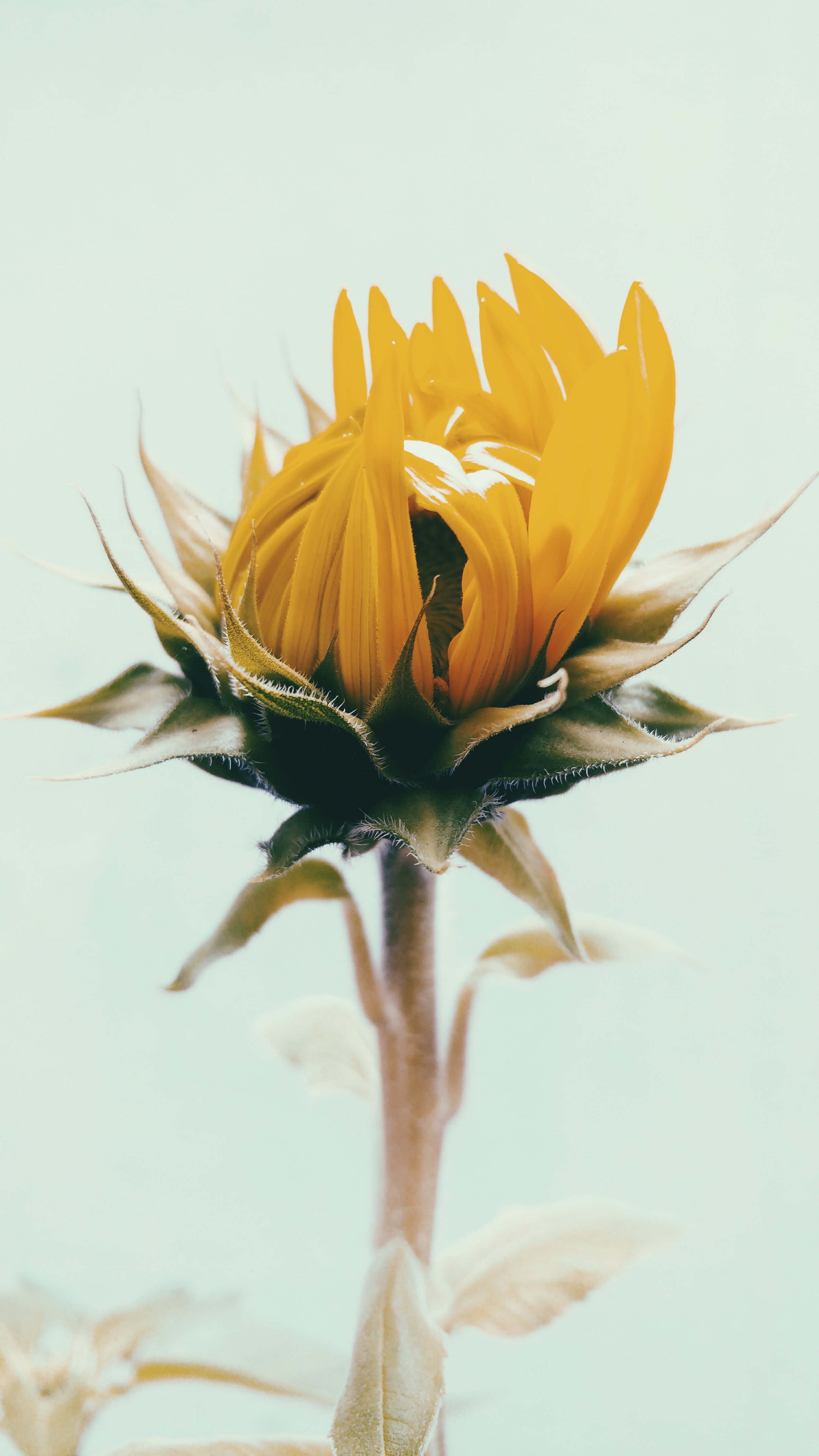BY PATRICIA GRISAFI
The dutifully hip girl behind the register at the Chelsea Urban Outfitters was sporting a ravishing shade of reddish, hot pinkish lipstick.
“That’s a great color,” I said. “Who makes it?”
“It’s by Revlon. The color is called Cherries in the Snow. You really can’t forget that name, can you?”
I stopped by Duane Reade on the way home and picked up a tube, knowing full well that the lipstick would end up in the heart-shaped box in the closet where all my other lipsticks went to die.
You know how some women wear lipstick every day as a matter of routine? They can apply a perfect lip while riding a bike, walking a tightrope, or herding ten unruly toddlers. I’m not talking about beige-y pinks or fleshy nudes, but serious, bright, punch-you-in-the-face colors.
I’m not one of those women.
Time and time again I’ve proven incompetent at the simple task of applying a lipstick that isn’t the color of my lip; usually, I look like someone’s grandmother in Fort Lauderdale on her fifth Valium and third Mai Tai. Still, every few months, I’ll give a new color a whirl only to frown in the mirror and return to my trusty mess-proof staple since the 90s: Clinique Black Honey.
Would Cherries in the Snow convert me?
I stood in front of the bathroom mirror and carefully drew on a bright, pinkish-red grin. Then I fussed a bit, cleaning up the lines with a Q-tip and some concealer. I cocked my head to the side, bared my teeth like a hyena. I imagined myself tooling around the East Village in white Birkenstocks and large black sunglasses, with a bouquet of bodega peonies in one hand and a coffee in the other. I’d give a breezy, hot pink smile and everyone would think I was quirky and chic.
By the end of the week, Cherries in the Snow was in the heart-shaped graveyard of lipsticks past.
The next time I heard of Cherries in the Snow was in a book. Pain, Parties, and Work by Elizabeth Winder details poet Sylvia Plath’s harrowing experience as a guest editor for Mademoiselle in the summer of 1953. Readers will recognize many of the events Plath writes about in The Bell Jar as based on the details of that summer: getting food poisoning, figuring out fashion, suffering from depression.
There’s one mundane detail that Plath doesn’t include in The Bell Jar: her preferred lipstick: “She wore Revlon’s Cherries in the Snow lipstick on her very full lips,” Winder writers.
I thought I knew an absurd amount about Sylvia Plath. As one of my earliest and long-standing loves, I’ve read and re-read her poems and fiction, written about her work in my Doctoral thesis, visited her homes in both Massachusetts and London, even touched her hair under the careful eyes of the curators at the Lilly Library, Bloomington. But I had missed this small, seemingly insignificant detail.
Revlon has manufactured Cherries in the Snow for the past sixty two years; it’s known as one of their “classic” shades, along with another popular color, Fire and Ice. It’s a cult item, a relic from another era when most women wore lipstick faithfully (a fun but gross tidbit from Winder’s book: one 1950s survey revealed that 98 percent of women wore lipstick; 96 percent of women brushed their teeth). The color isn’t exactly the same as it was when Plath wore it because of changes in industry practice, but it’s pretty damn close.
I scrambled for the heart-shaped lipstick box and sat cross-legged in front of it, fishing around for Cherries in the Snow. I held the shiny black tube in my hand like Indiana Jones held the idol in the beginning scenes of Raiders of the Lost Ark. The lipstick seemed different, changed. Imbued with special meaning. I swiped on a coat, this time imagining how Plath might have applied her makeup, what she might have thought as she looked back in the mirror. Did it change her mood, feel comforting, bestow power?
People are interested in discovering the mundane habits of their favorite singers, actors, writers, and artists. They might even purchase a product based solely on a celebrity endorsement. I’ve always been interested in finding out what products my favorite dead icons used, as if I can access a part of their lost inner lives by slathering on Erno Laszlo’s Phormula 3-9 (one of Marilyn Monroe’s favorite creams) or spritzing myself with Fracas (Edie Sedgwick’s signature scent). Wearing Cherries in the Snow allowed me to experience a strange intimacy with a writer I admired, even more so than reading the very personal things Plath wrote about — including how satisfying scooping a pesky glob of snot from her nose feels.
Ultimately, Cherries in the Snow did not become my lipstick, but I gained an appreciation for the shared ritual with and strange connection to Plath that it allowed me to experience. So many of the artists who have influenced our lives are gone; it feels comforting to find a bit of their essence in something as tangible as makeup.
















































